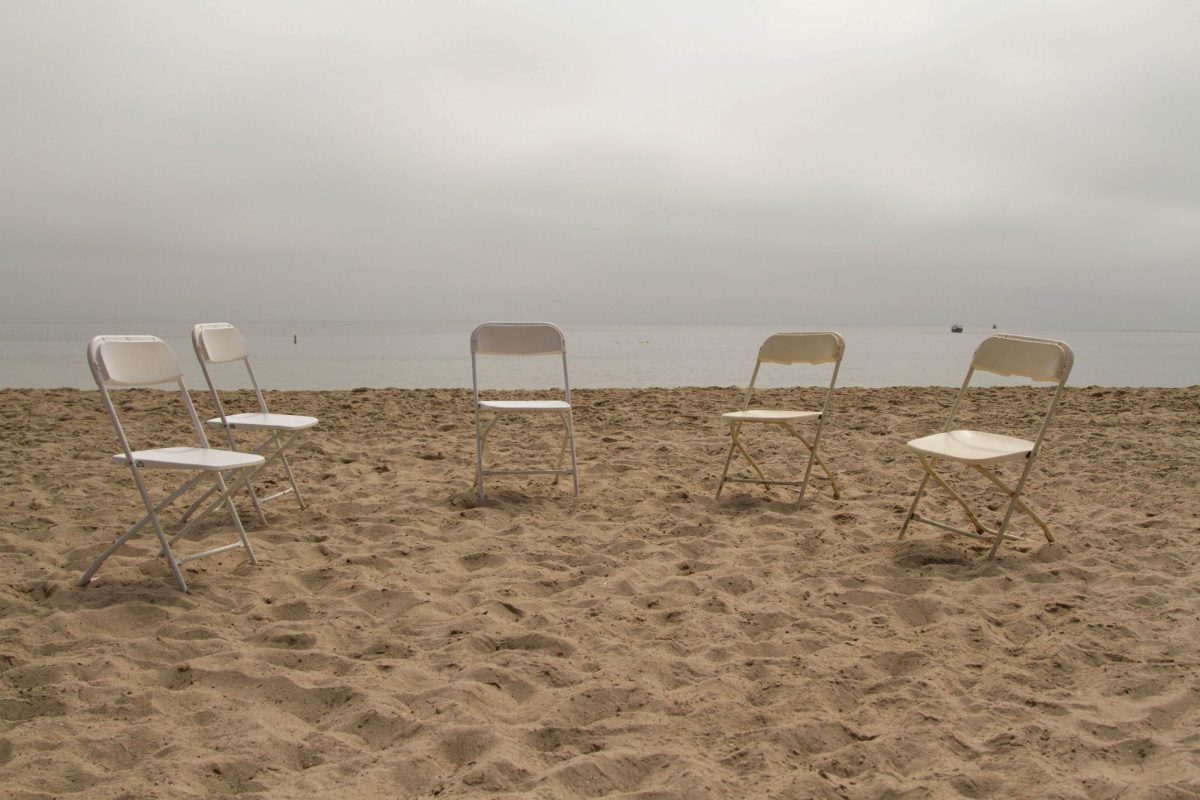City College students volunteer at the Channel Islands Marine Wildlife Institute, a sea lion rehabilitation center in Gaviota. The institute, or CIMWI for short, cares for sick sea lions of all ages for 8 to 10 weeks.
Jennifer Levine: “CIMWI rescues, rehabilitates, educates, and does research. Our core work is the rescue of stranded marine mammals off of the beaches in Ventura and Santa Barbara county. We bring those animals to our facility and they get rehabilitated, and ultimately released back into the wild.”
City College volunteers get calls about sick sea lions on or around local beaches.
Maryrose Bottiani: “So then, one of us volunteers come out and observe the animal. We’ll see what type of species it is, what health condition of it is. Has it had any interactions with humans? Were they used for research or anything like that? Do they have any fish hooks or anything like that?”
After volunteers rescue the sea lions they paint three lines the their heads. Symbols are also shaved on their sides and flippers are tagged with an ID number. Females are tagged on the right fin and males on the left.
They are brought into the center with seaborne diseases like the San Miguel sea lion virus or seal pox, causing bumps and blisters on the face, neck and flippers. Volunteers give the sea lions baths in a sanitizer solution to clean the blisters.
Jennifer Levine: “All of our patients go through a series of deworming because in the marine environment they get a lot of different parasites. They get ectoparasites, which mostly see are lice. They get roundworm, lungworm, tapeworm, nasal mites, so they have a whole plethora of things they get naturally in the wild.”
To remedy the diseases the sea lions are given various medications that are stuffed inside capelin and herring fish. The sea lions eat about 150 pounds of fish daily. Meals are portioned to help them gain blubber at a healthy rate, preparing them for survival in the wild.
Once they are fully recovered, volunteers go out to the Channel Islands to release the sea lions.
Maryrose Bottiani: “The release is the best part. We actually partner with Island Packers out in Ventura harbor and they take us out to the Channel Islands. We go to either Santa Rosa or Santa Cruz and it’s just such a wonderful experience because you see these animals come in super thin, super emaciated, who don’t have that much weight to them… And you get them into these sausage-y kind of bodies where they have all this fat, and they just look so happy and healthy.”
All students are welcome to volunteer at the institute.







